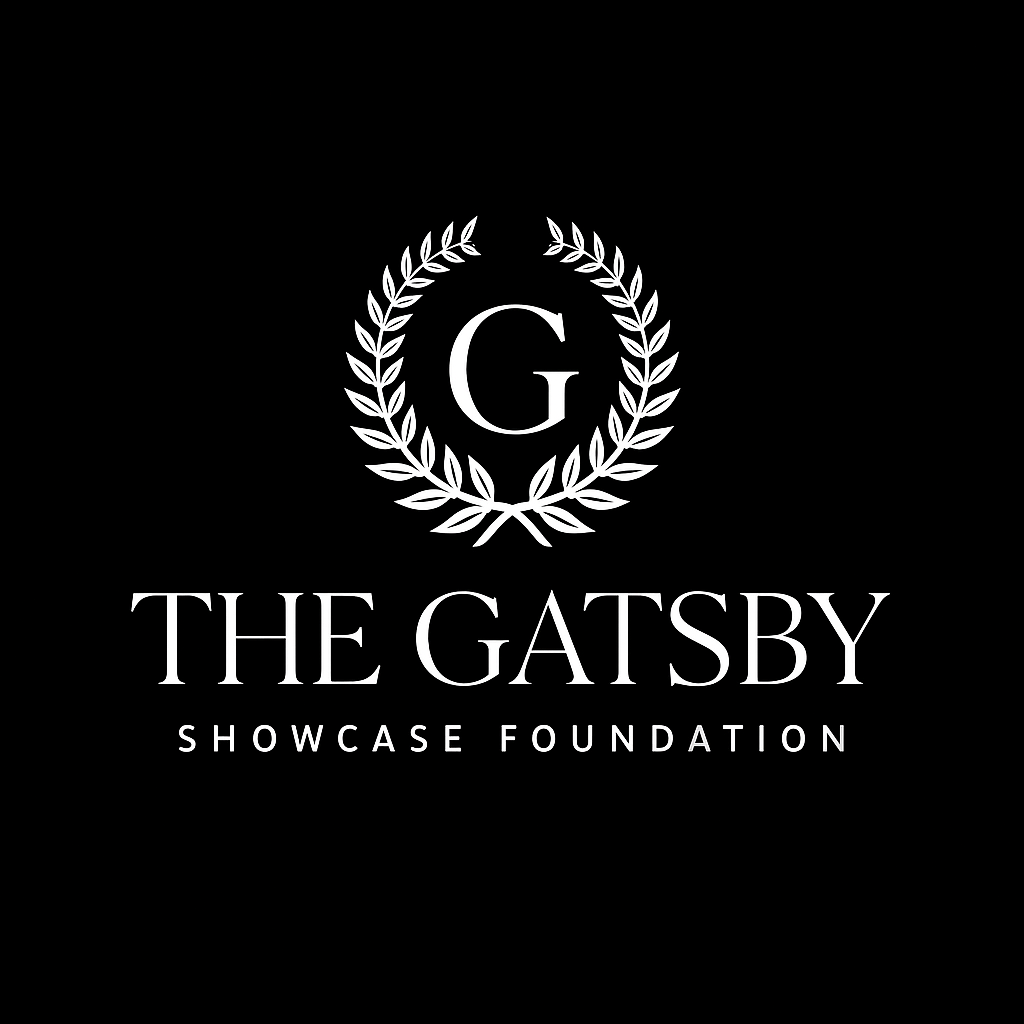Money Matters: Laying the Foundation for Financial Wellness
Theme for May: Basics of Personal Finance
Celebrating Financial Literacy Month & Women’s Health Month
Why This Matters
We often talk about eating right, exercising, and managing stress as part of wellness—but financial health is just as vital. Money problems are one of the leading causes of stress in American households. And that stress doesn’t stay in your wallet—it shows up in your blood pressure, sleep patterns, and even your relationships.
For women especially, financial literacy is crucial. On average, women live longer, earn less, and are more likely to step away from the workforce to care for children or aging parents. These realities make it even more important to develop financial confidence and independence.
May, being both Financial Literacy Month and Women’s Health Month, is the perfect time to reflect on financial well-being as a core part of overall wellness.
DMV-Area Resources to Get You Started
-
Capital Area Asset Builders (CAAB) – Matched savings accounts, credit-building workshops, and one-on-one financial coaching.
www.caab.org -
Virginia Cooperative Extension – Family & Consumer Sciences – Webinars and money management toolkits.
www.ext.vt.edu -
Prince George’s County Financial Empowerment Center – Free financial coaching, credit counseling, and legal assistance.
www.pgcfec.org -
DC Public Library’s Money Smart Series – Monthly programs on budgeting, investing, and debt management.
A Story to Inspire: Tanya’s Reset
Tanya, a 42-year-old nurse and mother of two in Laurel, Maryland, had always let her husband handle the family’s finances—until they divorced.
“I didn’t know the passwords to any of our accounts,” she said. “I didn’t even know how much money we had. It was terrifying.”
She decided to take charge. With help from a local credit union’s free financial literacy course, she learned how to budget, understand credit, and prioritize savings.
Within two years, Tanya:
-
Paid off $7,000 in credit card debt
-
Raised her credit score from 580 to 715
-
Built a $5,000 emergency fund
“I thought I was bad with money,” she says. “I just needed a plan.”
Her story isn’t uncommon—and it’s a reminder that financial literacy isn’t a talent, it’s a skill.
The Core Pillars of Personal Finance
1. Budgeting: Your Financial Blueprint
-
Track your income and expenses (start with the last 30 days).
Apps like Mint, YNAB (You Need A Budget), and GoodBudget can help. -
Try the 50/30/20 Rule:
50% Needs · 30% Wants · 20% Savings/Debt -
Review and adjust monthly.
2. Saving: Paying Your Future Self
-
Build an emergency fund (goal: 3–6 months of essentials).
-
Automate it—even $25 per paycheck matters.
-
Use savings “buckets” for travel, gifts, etc.
3. Managing Debt: Don’t Just Pay—Plan
-
Tackle high-interest debt (credit cards, payday loans) first.
-
Strategize:
-
Snowball Method: Smallest balances first
-
Avalanche Method: Highest interest rate first
-
4. Understanding Credit: Your Financial Report Card
-
Check your credit score on Credit Karma or your bank’s app.
-
Pay bills on time—35% of your score comes from payment history.
-
Keep usage under 30% of your credit limit.
-
Don’t close old cards—length of history counts.
5. Setting Goals: Give Your Money a Mission
-
Short-Term: Emergency fund, new phone
-
Mid-Term: Car, wedding
-
Long-Term: Retirement, business launch
-
Use SMART goals:
Specific · Measurable · Achievable · Relevant · Time-Bound
Helpful National Tools & Resources
-
MyMoney.gov – Government-run site with tools, calculators & guides
-
Consumer.gov – Budgeting and credit tips in plain language
-
SmartHerMoney.org – Resources tailored to women’s financial empowerment
-
National Endowment for Financial Education (NEFE) – Free courses and research-backed tools
What You Can Do This Month: Your Financial Challenge for May
✅ Week 1: Track every dollar you spend for 7 days. Categorize into Needs, Wants, Savings.
✅ Week 2: Create your first budget (50/30/20 or zero-based).
✅ Week 3: Open or fund a high-yield savings account. Set a SMART goal.
✅ Week 4: Review your credit report. Write 1–2 goals to improve your score.
Closing Thoughts
Financial wellness isn’t about perfection—it’s about progress.
Every good money habit starts with a small step. Over time, those steps compound into confidence, peace of mind, and freedom.
This May, take one small action to invest in your financial future. You deserve it.
Dr. Bertrand Fote, MD, MBA, CF2
Certified Financial Fiduciary, Financial Educator & Advocate for Financial Literacy

